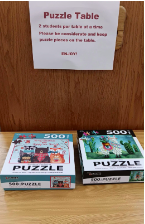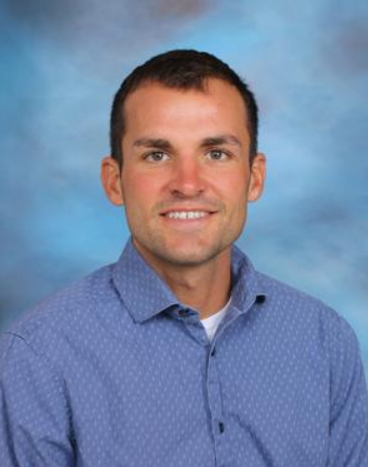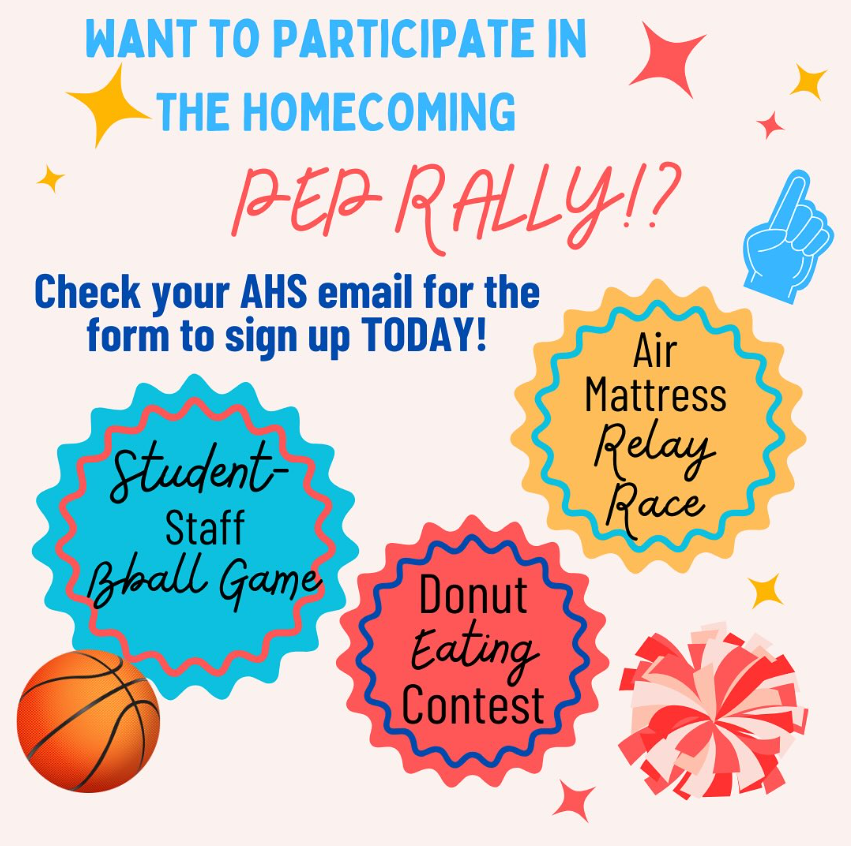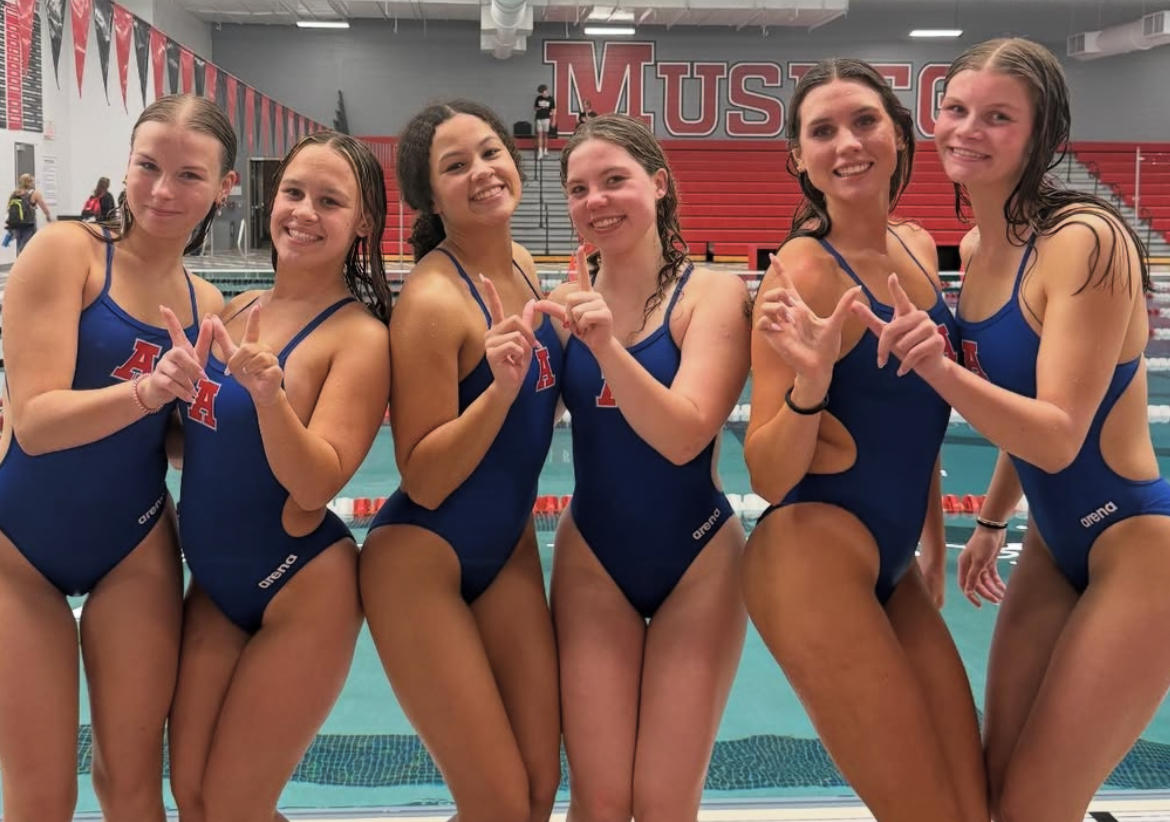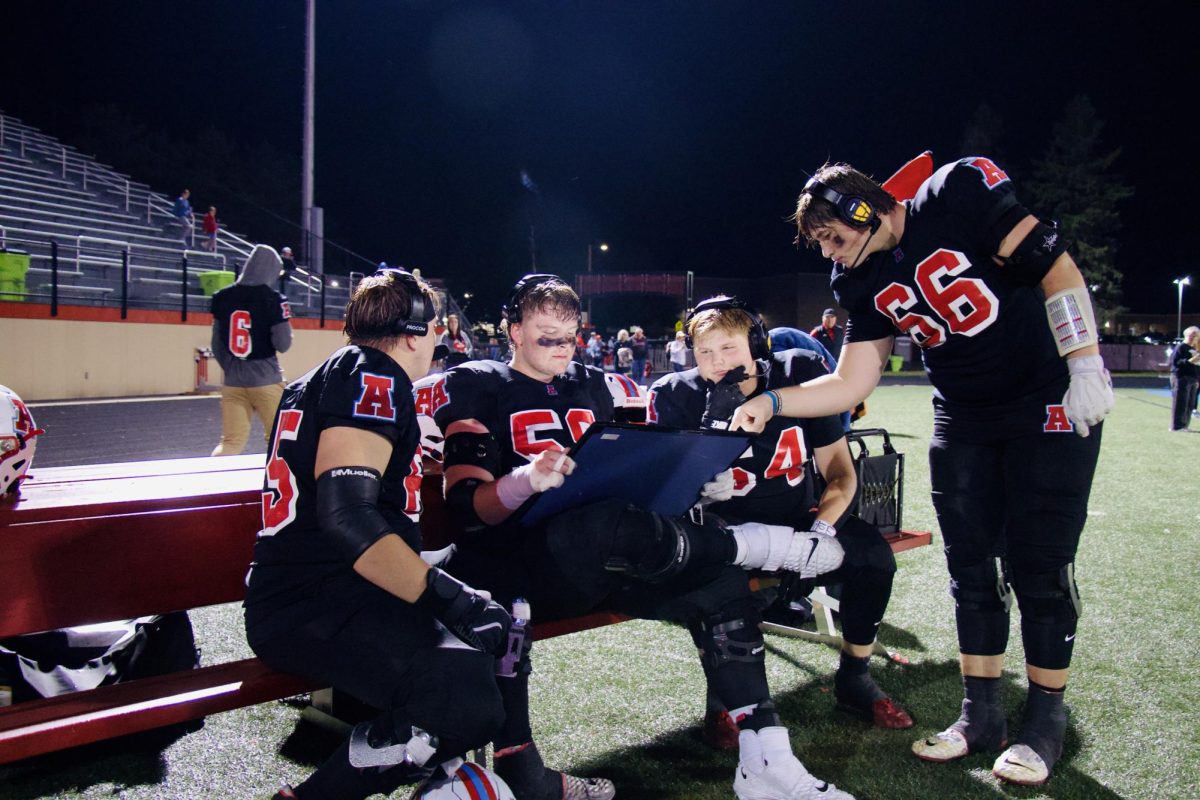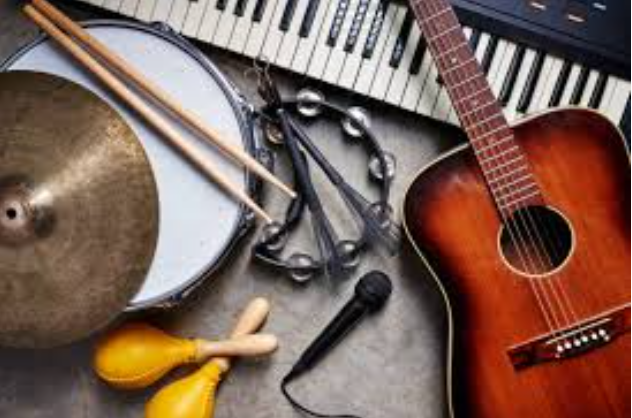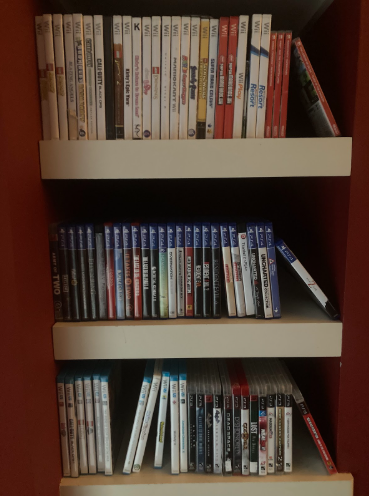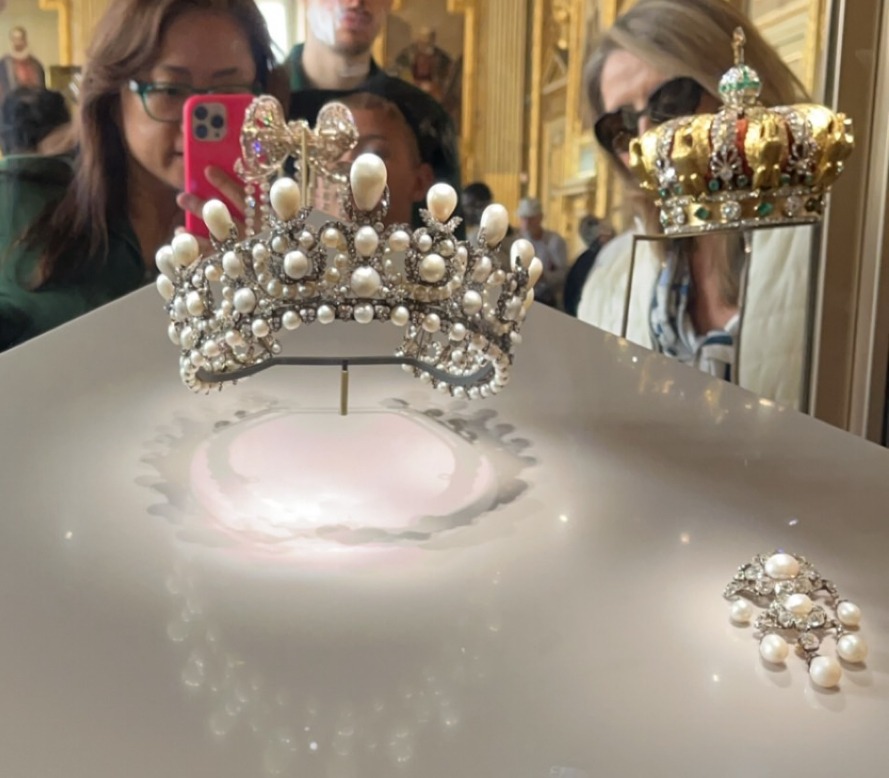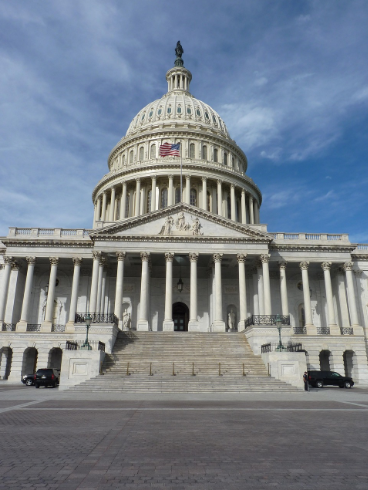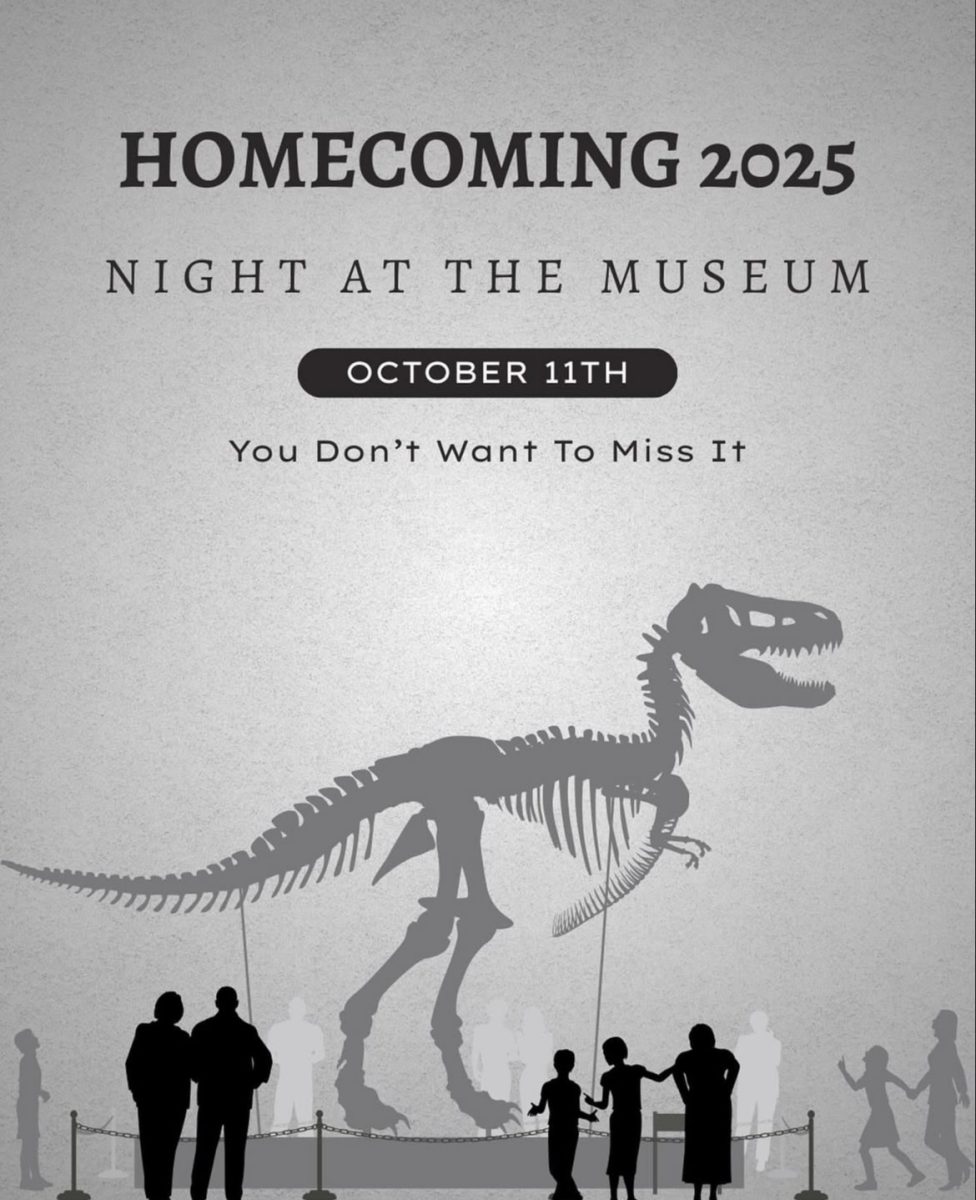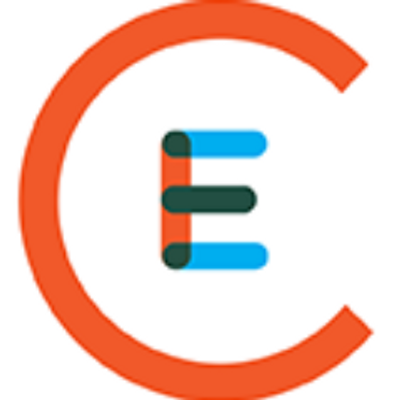January 29th is National Puzzle Day and a perfect day to do some brain exercises.
Whether it’s a crossword puzzle, jigsaw puzzle or sudoku puzzle, engaging brains keeps them healthy.
Jigsaw puzzles help to utilize both sides of the brain, improving memory, cognitive function and problem solving skills in the process.
Arrowhead High School’s North campus library provides a puzzle table that students could go and hang out by and build puzzles. Some puzzles that they provide are 500 piece puzzles of lamas and racoons. The only rules of the puzzle table is to only have two students per table at a time, be considerate of others, and keep the puzzle pieces on the table.
Some may join a group or play with others; these interactions keep people socially active and teach others social skills as well.
Even working with people together quietly provides an opportunity to focus the mind in a meditative way that isn’t forced.
If students or staff are looking for games or puzzles, options would be word searches and the Arrowhead High school puzzle table. These help to stimulate cognitive skills such as pattern recognition, problem solving, and verbal reasoning. Puzzles help to have people’s brains actively engaging the brain to find hidden words or putting pieces of the puzzle together to complete one big picture.
Some tips for word searches is to scan back and forth along each row of the letter grid looking for the first letter in the word that needs to be found. Also scan up and down each column of the grid and use a finger or a pencil to guide up and down the rows.
Jessica Thompson, an Arrowhead High school special education teacher, says, “I play Connections, wordle, and Spelling Bee, which are all digital puzzles through the New York times. I also occasionally play some sudoku, but that’s when I’m crazy bored.”
